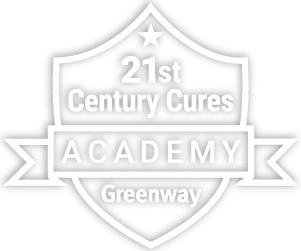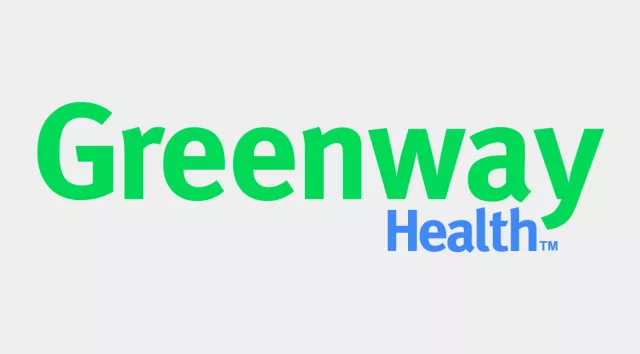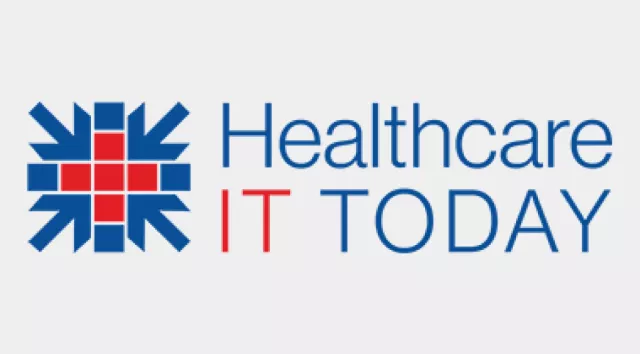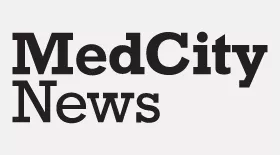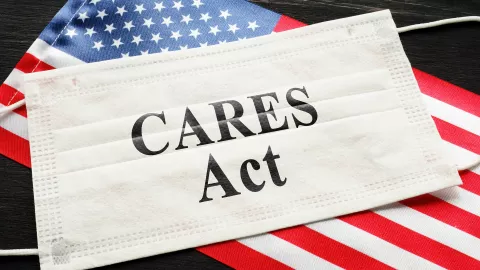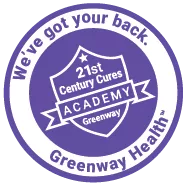Remain Cures Act-compliant with Patient Portal
The 21st Century Cures Act requires that patients have easy access to all health information "without delay" — so go electronic.
CONNECT PATIENTS TO THEIR DATA
Introducing ... Greenway Secure Cloud
Experience peace of mind, greater security, and all-inclusive pricing with Greenway Secure Cloud*.
REQUEST BUNDLED PRICING

Frequently Asked Questions
The Cures Act was signed into law by President Barack Obama on Dec. 13, 2016. The bipartisan legislation seeks to increase choice and access for patients and providers and applies to all health IT developers, health information exchanges (HIEs)/networks, and healthcare providers.

The Cures Act includes provisions to streamline drug and medical device delivery, promote research on serious illnesses, address the opioid crisis, and boost mental health services.
In addition, it seeks to ease regulatory burdens associated with EHR and health IT use.
The Cures Act also contains provisions geared toward advancing interoperability and requiring health IT developers, HIEs/networks, and healthcare providers not to engage in information blocking — or preventing or interfering with the access, exchange, or use of electronic health information (EHI).

There are in fact two Final Rules, one produced by the Office of the National Coordinator for Health Information Technology (ONC) and the other by the Centers for Medicare & Medicaid Services (CMS).
These rules — based on the Cures Act’s interoperability, patient access, and information blocking provisions — guide industry members such as providers, payers, and technology vendors in their design of health IT systems.

The ONC Final Rule lays out regulations to prevent information blocking by healthcare providers, health IT developers, HIEs, and health information networks.
Information blocking is a practice that is likely to interfere with access, exchange, or use of EHI. Such a practice is considered information blocking except when required by law or specified by the Secretary of Health and Human Services (HHS) as a “reasonable and necessary activity.”

Yes, the ONC provides eight information blocking exceptions. These are categories of the “reasonable and necessary” activities that do not constitute information blocking, given certain conditions are met. They include the following:
- Preventing harm
- Privacy
- Security
- Infeasibility
- Health IT performance
- Content and manner
- Fees
- Licensing

The Cures Act and information blocking provisions apply to ALL healthcare providers (regardless of participation in regulatory reporting programs), health IT developers, and HIEs/networks.

As a Greenway client, you will need to upgrade to the latest release of Prime Suite v21 or Intergy v21. We recommend that you complete this upgrade as soon as possible for your practice. These are the minimum certified Cures Edition EHR versions. The timeliness of your organization's upgrade should be driven by the regulatory requirements of your reporting programs.
If you are not able to complete the 21C upgrade before January 1, 2023, you must ensure that you are on a version of Prime Suite or Intergy that supports the minimum data capture requirements for the 2023 regulatory reporting programs. Prime Suite v18.30 SP 2 or Intergy v12.55 or higher are these versions.


View additional FAQs related specifically to your Greenway Health solution by logging in to My Greenway.
“My staff and I have come to rely on Greenway Health’s expertise when it comes to 21st Century Cures concerns, and they help us stay informed ahead of the curve with what’s to come, as the requirements can be a complicated topic."
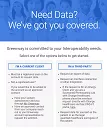
Request and access your data
Need data? We’ve got you covered. Clients and third parties can request data here.

Solutions for the 21st Century Cures Act
Learn how the Intergy and Prime Suite platforms enable information sharing, simplify your work, and drive practice success.

Explore our Cures Act resources


How Greenway Health Stacks Up: A Competitive Analysis of Healthcare Technology Solutions


4 Effective Strategies to Reduce Friction and Enhance Efficiency


In-workflow PDMP checking saves time, increases efficiency



